Intensive veterinary course, Malawi
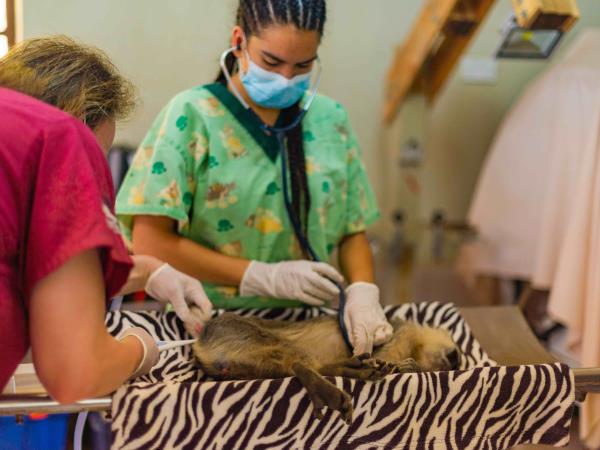
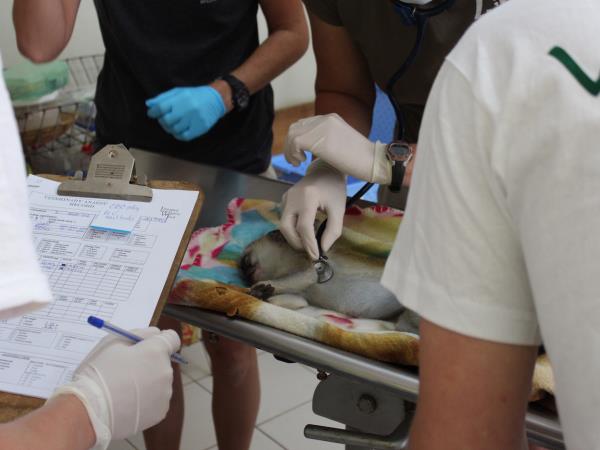
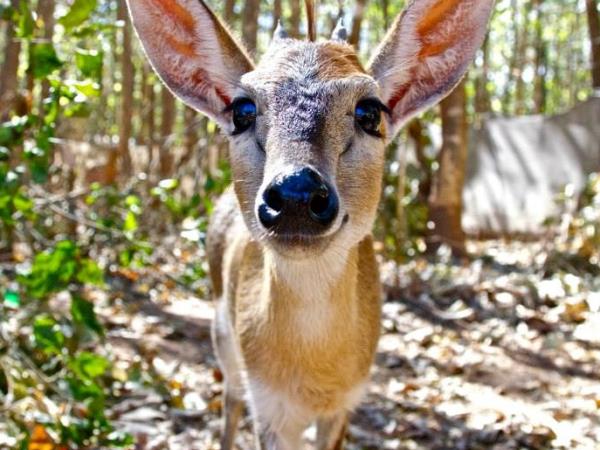
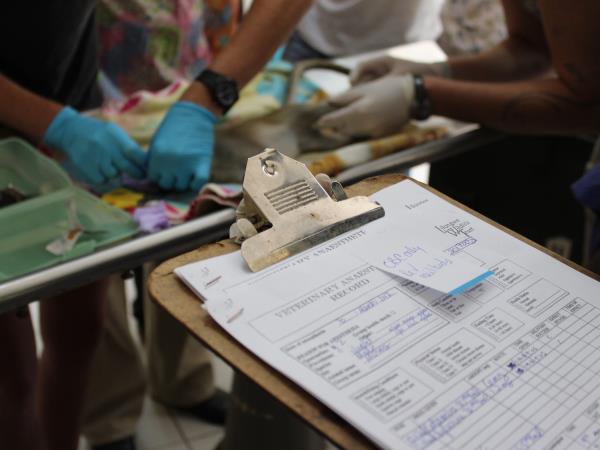
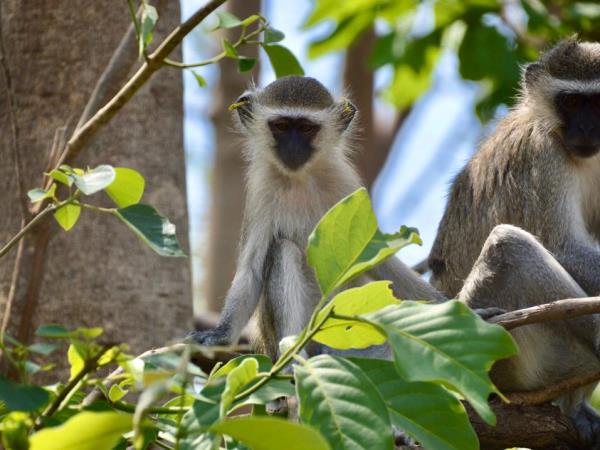
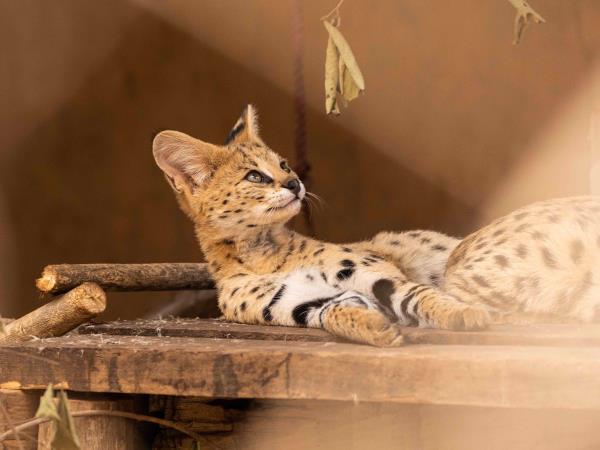
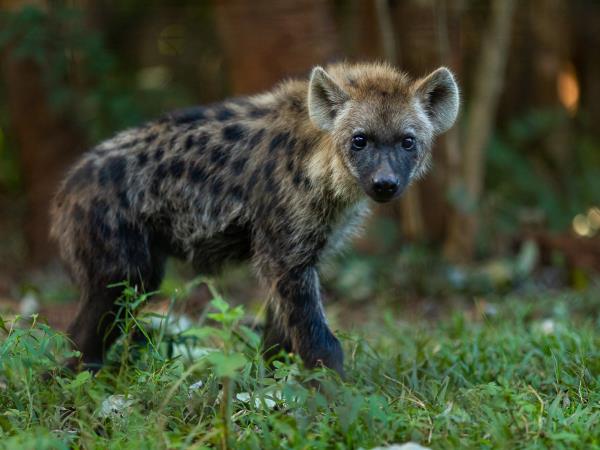
Description of Intensive veterinary course, Malawi
This intensive course at Lilongwe Wildlife Centre in Malawi is designed to give veterinary students a hands-on introduction to wildlife veterinary medicine. The course is aimed at students rather than qualified veterinarians, and all participants must be studying for a vet-related qualification. There will be a maximum of eight students per course (minimum four).
The course is based at the award-winning wildlife sanctuary, Lilongwe Wildlife Centre, which is run by Lilongwe Wildlife Trust, one of Malawi's leading conservation NGOs. The sanctuary is widely reputed as one of the best wildlife rescue facilities in Africa for its high standards of animal welfare. It is accredited by the Pan African Sanctuary Alliance, the Global Federation of Animal Sanctuaries and the Born Free Foundation PAW scheme.
Under the instruction of our veterinary team, you’ll be taught through both lectures and wet labs. You’ll have a chance to learn about parasitology, haematology, primate infectious and non-infectious diseases, emergency management, rehabilitation, pharmacology, medication, suture patterns in wildlife, remote capture systems, and key conservation issues.
You’ll assist with our annual health monitoring programme for primates, which includes physical exams, patient monitoring, and sample collection and analysis.
Please note that surgical procedures may be limited as we are a wildlife sanctuary, rather than solely a veterinary clinic. People wishing to gain more surgical experience may want to join our two-week course run in partnership with the Lilongwe Society for the Protection and Care of Animals (LSPCA), which combines wildlife and small animal veterinary medicine.
Please note, the course does not provide any kind of formal qualification (though we can provide written confirmation of attendance). Students wishing to use the course to count towards their degree must check whether it fulfils the specific academic requirements for Extra-Mural Studies or similar.
Students may stay on after the course for a longer Veterinary Externship (but an Externship cannot be started before the course).
Price information
Check dates
Travel guides
Responsible Travel
Planet
CARBON REDUCTIONWe aim to be as environmentally sustainable as possible. We take the following measures to reduce our carbon footprint and minimise our impact on the environment:
- All food is sourced locally to reduce transport requirements
- The animal enclosure fences at the sanctuary are solar powered
- Showers in the volunteer house are solar powered (with a back-up geyser)
- Water for cleaning and watering gardens comes from our own borehole
- All meals are fully vegetarian/vegan
- Cooking is done on gas, not on wood
- Filtered drinking water is provided so that volunteers do not have to buy bottles of water
- There is a recycling station on site and we host river clean up days with members of the public and local communities
- All structures are constructed with local or sustainable materials as much as possible
ENVIRONMENT AND WILDLIFE
Malawi is known as ‘the warm heart of Africa’, both for its stunning beauty and friendly people. It’s also one of the most densely populated countries in Africa and one of the poorest countries in the world, which puts enormous pressures on its natural resources. As a result, the illegal wildlife trade is still a big problem in Malawi, at a time when conservation of both the environment and wildlife is more critical than ever.
We work to protect Malawi’s wildlife and wild places. Our programmes have evolved in response to local needs, working with wildlife as well as people and approaching the issues from all angles. Our wildlife sanctuary holds accreditations with the Pan African Sanctuary Alliance, the Global Federation of Animal Sanctuaries and the Born Free Foundation's PAW scheme.
Our “hands-off” policy: we operate a strict hands-off policy at our wildlife sanctuary in order to ensure that the animals in our care retain their wild behaviours and do not spend too much time with people. This helps to give them the best possible chance not just of being released back into the wild, but also of thriving once they have been released. The only time contact is permitted with animals is when it is required for medical purposes (e.g. conducting a veterinary procedure, health check, administering medication etc) or rehabilitation purposes (e.g. bottle-feeding orphans, sitting with infant primates until they are paired with foster mums).
People
In addition to our wildlife rescue and welfare work, we also work with the highest levels of Government to tackle wildlife crime through advocacy and policy initiatives. We also run an environmental education programme which has reached tens of thousands of school children.Popular similar holidays
Veterinary medicine course, Malawi
From £1800 14 days excluding flights
Wildlife & small animal veterinary course for students
Student research placement in Malawi
From £1500 - £4307 4 weeks excluding flights
Conduct your undergraduate research in beautiful Malawi
Veterinary externship in Malawi
From £1500 - £4744 14 days excluding flights
Veterinary experience at Malawi's only wildlife sanctuary


















